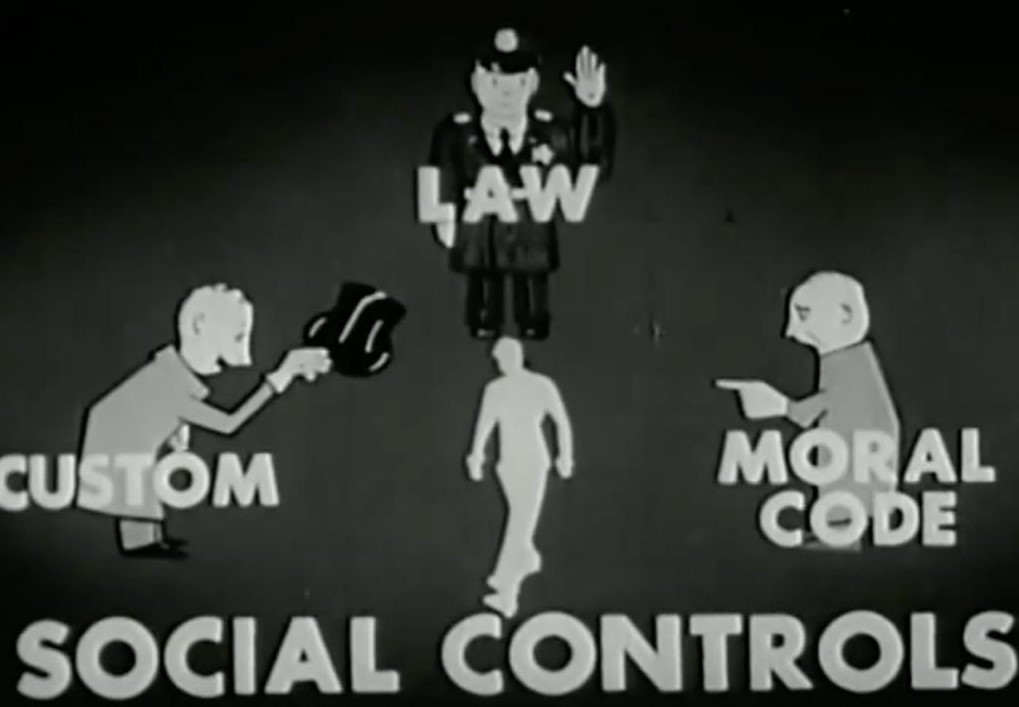Dr Tariq Rustam
It was a bit amusing to see a TV anchor taking jibes at a police officer on the issue of one wheeling at the busy roads of Lahore. The usual response to such media onslaughts is telling them how many FIRs have been registered against the wheelers and how many have been put behind bar. Here the response of the officer was quiet unexpected when the anchor pounce on him with his remark, “who will correct them?” The parents, family and society, the officer retorted with tongue in cheek tone. Was he trying to shirk his responsibility? Or did he want to indicate a deeper malaise which not only fails the police but also the society. Yes, the police are responsible for fighting the crime but not the deviance which primarily remains the function of society. The levels and patterns of deviance in a society is something society needs to take care of.
Deviance is a product of how a society regulates the behaviour of its individual members. Here it is important to distinguish deviance from crime. Deviance in simple words is socially unacceptable behaviour which is dealt with through informal social control mechanisms whereas deviance turns into a crime when it is officially sanctioned and codified. Every society has put in place certain mechanisms through which it ensures the approved patterns of behaviour among its members to maintain social order. This is what we refer to as social control. Sociologist Gillin defines, “Social control is the system of measures, suggestions, persuasion, restrain and coercion by whatever means including physical force by which society brings into conformity to the approved pattern of behaviour, a subgroup or by which a group moulds into conformity its members”.
Social controls are exercised by society in formal and informal manners. The informal control is the first layer where parents, family, neighbourhood, friends, classmates, teachers, colleagues and peers on the one hand and ideas, values, customs, traditions, religion, culture and public opinion on the other exercise their influence through a system of reward and punishment. Reward may be in the form of approval, appreciation, job promotions, good grades, social popularity whereas punishment takes the form of disapproval, shame, ridicule, sarcasm, criticism poor grades, social discrimination and exclusion etc. Formal social control usually takes the form of government action. Government and organizations use law enforcement mechanisms and other formal sanctions, such as fines and imprisonment to ensure normative behaviour.
Without social control the organization of the society is likely to be disturbed. If the individual is effectively socialized, he conforms to the accepted ways from force of habit as well as from his desire of being accepted and approved by other persons. If he is inadequately socialized, he has a tendency to deviate from the accepted ways. Even otherwise it is difficult that a person’s own desires exactly coincide with the social expectations of his group. So deviance, to a certain limit, may be acceptable but it is expected that the informal social controls should resist and nip the deviant tendencies in the bud. And if they fail, the level of deviance is to rise for sure and translate into crime. It is exactly here that the role of formal social controls which includes law enforcement and policing starts. It may be argued that effective law enforcement also contributes to curb deviance. True to some extent but law enforcement only deals with the crime and has little role in producing deviance. Its genesis remains primarily the function of society and how effectively its informal social control mechanisms operate.
In this context let us examine how our society and its informal social control mechanisms are working to ensure approved patterns of behaviour required for a healthy social order with minimum level of deviance and crime. Are the parents meeting their obligation of raising their children into useful, law abiding and responsible citizens? Are they giving proper time to their children and paying enough attention to see that their children are not developing deviant tendencies? The answer can hardly be in affirmative. Parents these days seem to have assumed that sending their children to high fee private school and buying them computers and tabs is enough and appear to be largely oblivious to their character building. Similar seems to be the situation of teachers. They are more focused on imparting information instead of education as the prime objective of the educational system has turn out to be to be good grades and ultimately well paid jobs. In old times which we cherish most often, the character building used to be an equally important aim of the educational system. The teachers were as concerned with the character and conduct of their pupils as with the education. No more, gone are the golden days!
The failure of parents, family and educational system to inculcate the normative values leaves a void which is filled in by a different set of values in which previously labelled deviant behaviours may attain a legitimate status. Under such circumstances the influence of friends, peers and colleagues is used more in favour of newly discovered values and deviant trends. In the shrinking world of today a society and its control mechanisms also have to deal with the onslaught of extraneous cultural influences let loose by rapid communication and technological advancements. The new cultures and values have to be carefully articulated with the existing ones so that they are assimilated and internalized by the members of the society without allowing their negative fallout. Failing to do so can result only in breakdown of existing values, morals and overall social order. That our society is undergoing such a breakdown can be seen in the trends on social media where the values like respect, courtesy, politeness, and graciousness are conspicuous by their absence. Unfortunately, as an important component of social control mechanism, mainstream media is not playing any positive role either.
In such a situation blaming police or for that matter other law enforcers for every evil under the sun is not warranted. Society and state will have to join hands to buttress social controls, both formal and informal. In addition to criminal justice reforms, the state direly needs to come up with a strategy to strengthen the decaying family system to revive its cherished values which got the better of deviance and ensured normative behaviours. Education system requires a massive revamping to bring it in line with the moral, ethical and cultural aspirations of the society. Both print and electronic media need a nudge to awaken them to their responsibility as powerful tools of social transformation. They are expected to be on the forefront in reinforcing the positive values and fight deviance.
Nowhere in the world policing alone is expected to take care of everything, from morals and social trends on one hand to crime and deviance on the other. Shaping the moral, ethical, cultural fabric of people which keep the level of deviance under tight leash is the function of society; for that police and policing alone is not enough!
— The writer is a senior police office having 21 years of experience in policing



